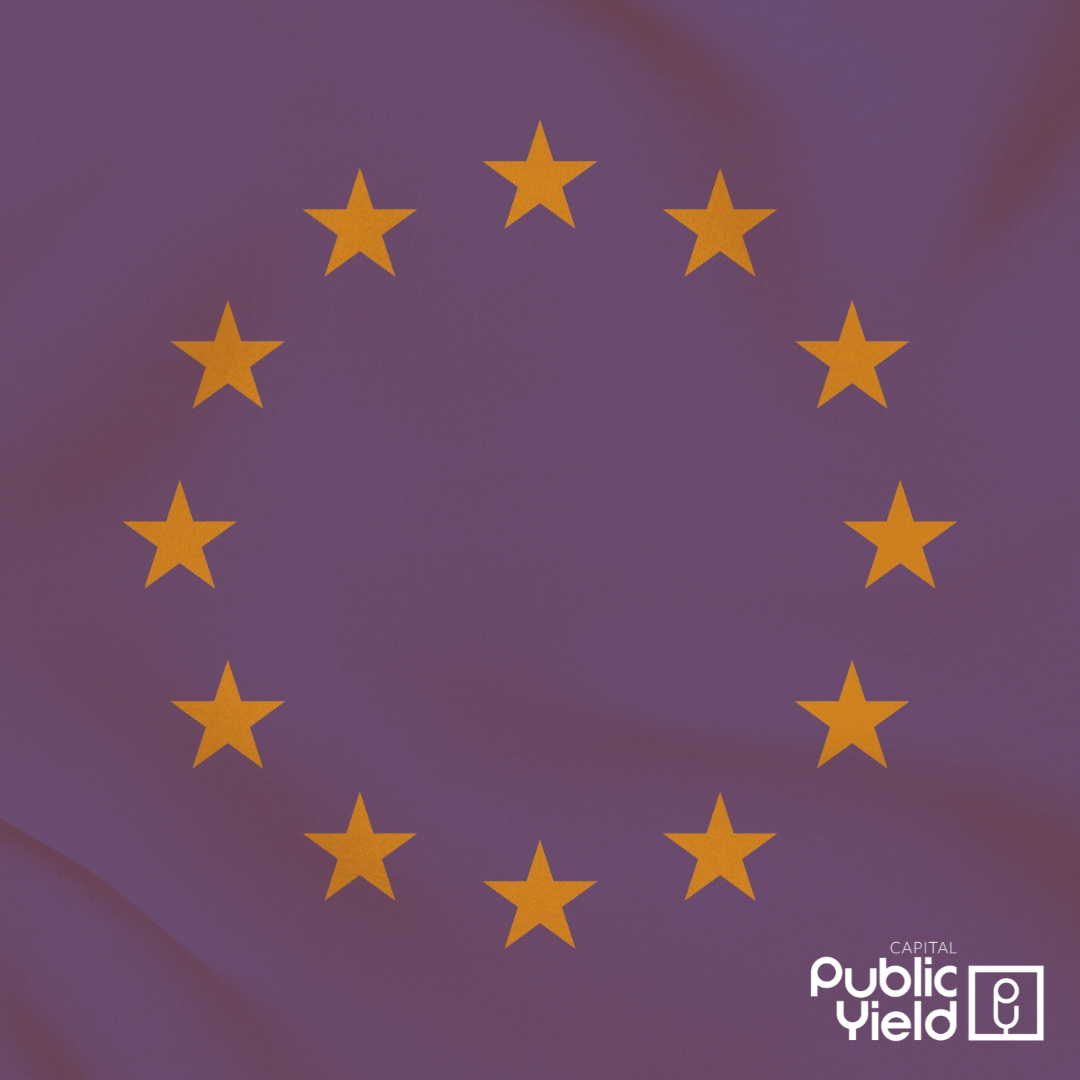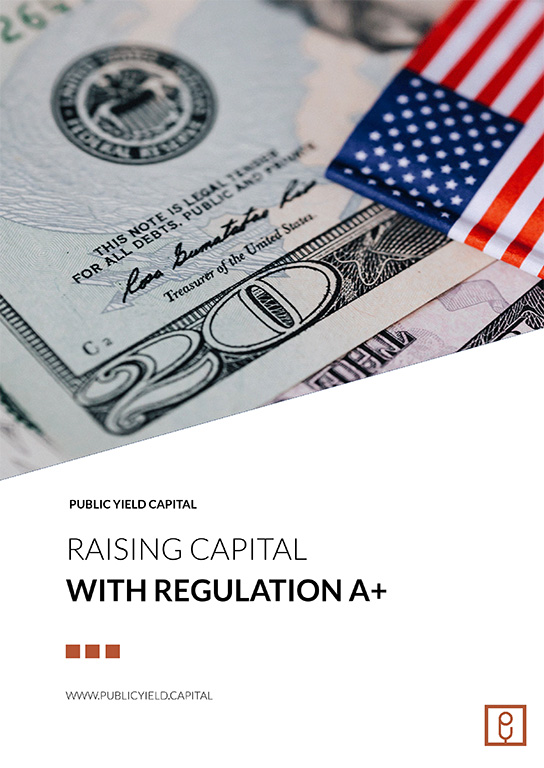
Equity crowdfunding has emerged as a powerful tool for startups and small businesses across Europe, allowing them to raise capital by offering shares to a broad base of investors. However, despite its potential, equity crowdfunding in Europe has faced significant challenges, leading to a mixed reputation among founders and investors. Today, the landscape is changing rapidly, with new regulations and the emergence of more robust platforms promising to transform the industry for the better.
The Early Challenges of Equity Crowdfunding in Europe
In its early days, equity crowdfunding in Europe was marred by a host of issues stemming from poor regulation, mismanagement, and predatory practices by some domestic platforms. These problems were exacerbated by the fragmented nature of the European market, where platforms had to navigate a complex web of country-specific regulations.
- Fragmentation of the Market: While the European Union is theoretically an integrated market, in practice, crowdfunding platforms had to adhere to country-by-country regulations. This fragmentation meant that no single platform could operate effectively across all 27 EU member states. Investors were unable to access a broad range of opportunities, and founders struggled to find a large enough pool of investors. The lack of concentration in the market led to inefficiencies and limited the growth potential of equity crowdfunding.
- Predatory Practices: In the absence of strong competition and transparency, some domestic platforms engaged in predatory practices. High fees, sometimes as much as 15% of the funds raised, were charged just to host a campaign. Additionally, some platforms required upfront payments or charged fees even when campaigns failed. This created a negative perception of equity crowdfunding among founders, who began to see it as a last resort rather than a viable funding option.
- Weak Value Proposition: The industry also struggled to articulate a compelling value proposition for founders. The promises of “raising money fast” or “raising money from a lot of investors” were not enough to attract high-quality startups, especially in a booming economy where traditional funding was readily available. As a result, many of the startups that turned to equity crowdfunding were those that had no other options, leading to poor returns for investors and further damaging the industry’s reputation.
A Turning Point: The European Crowdfunding Service Provider Regulation (ECSPR)
Recognizing the need for reform, the European Commission introduced the European Crowdfunding Service Provider Regulation (ECSPR) in November 2021. This landmark regulation harmonizes crowdfunding rules across all 27 EU member states, addressing many of the issues that had previously hampered the industry.
- Unified Market: ECSPR creates a single, integrated market with 447 million potential investors. Companies can now raise funds from across the EU without being restricted by national borders. Platforms that hold an ECSPR license can accept investments from anywhere in the EU and beyond, significantly expanding the pool of available capital and creating a level of market concentration similar to what is seen in the United States.
- Increased Competition and Transparency: The regulation requires all startups running a crowdfunding campaign to submit a Key Investor Information Sheet (KIIS), which includes standardized disclosures. This ensures that investors have access to the same information, regardless of where they are based. For founders, this transparency comes with minimal additional work, as the disclosures align with what is typically required by national regulators. The integrated market also fosters competition, encouraging platforms to revisit predatory fees or risk becoming obsolete.
- A Viable Alternative to Traditional Capital: Under the new regulation, equity crowdfunding has become a more competitive alternative to traditional financing. With the ability to tap into a larger pool of investors and the introduction of standardized disclosures, the benefits of crowdfunding are now similar to, if not greater than, those in more established markets like the United States.
Leading Platforms in the European Market
Several platforms have emerged as key players in the European equity crowdfunding landscape, each offering unique features tailored to different sectors and types of investors.
- Seedrs
Headquartered in the UK, Seedrs is one of Europe’s most prominent equity crowdfunding platforms. Seedrs allows startups and growing businesses to raise funds while giving investors the chance to buy shares in these companies. With a robust secondary market, Seedrs also enables investors to trade shares, adding liquidity to the traditionally illiquid private equity market. - Crowdcube
Also based in the UK, Crowdcube has played a pivotal role in democratizing investment in Europe. Crowdcube provides a platform for businesses at various stages to raise funds from a wide base of investors, including retail and institutional participants. Its partnership with US-based CircleUp and access to larger funding rounds make it a key player in the transatlantic crowdfunding landscape. - Companisto
Germany-based Companisto is a major player in the DACH region (Germany, Austria, and Switzerland). It focuses on high-growth startups and established companies, offering investment opportunities to retail investors. Companisto’s model includes a mix of equity and convertible bonds, catering to a diverse investor base with varying risk appetites. - FundedByMe
Sweden’s FundedByMe is another key platform, particularly popular in the Nordics. FundedByMe offers equity crowdfunding alongside reward-based and loan-based crowdfunding. This multi-faceted approach allows it to cater to a broad range of businesses and investors. Its expansion into other European markets and partnerships with regional platforms have solidified its position in the EU crowdfunding space. - WiSEED
WiSEED, based in France, specializes in equity crowdfunding for startups in sectors such as health, green energy, and real estate. WiSEED is known for its rigorous vetting process, ensuring that only the most promising companies are listed on the platform. This approach has built trust among investors and helped WiSEED grow into one of France’s leading crowdfunding platforms. - Raizers
Operating across several European countries, including France, Belgium, Switzerland, and Luxembourg, Raizers focuses on real estate and business financing. It offers investors opportunities to invest in real estate projects and SMEs with high growth potential. Raizers is notable for its transparency and detailed reporting, which have attracted a significant number of institutional investors. - WeFunder
Originally from the United States, WeFunder has recently expanded into Europe under the new ECSPR framework. WeFunder differentiates itself by focusing on “Community Rounds,” where startups align incentives with their community of fans by offering them the opportunity to co-invest. This approach not only provides capital but also delivers commercial benefits such as increased brand awareness and higher customer retention.
The Future of Equity Crowdfunding in Europe
The European equity crowdfunding market is on the cusp of significant growth, driven by regulatory harmonization, technological innovation, and increased investor awareness. The introduction of ECSPR has opened new opportunities for platforms to expand their reach, making it easier for startups and SMEs to access capital from a broader investor base.
Furthermore, the rise of impact investing, where investors seek both financial returns and positive social or environmental impact, is expected to drive more activity in equity crowdfunding. Platforms that focus on sectors like green energy, healthcare, and sustainable development are likely to see increased interest from investors looking to align their portfolios with their values.
Equity crowdfunding in Europe is entering a new era, characterized by greater accessibility, cross-border opportunities, and a diverse range of investment options. The industry, once hampered by fragmentation and predatory practices, is now poised to become a mainstream financing option for startups and SMEs across the continent.
For startups, this means unprecedented access to capital and the ability to engage with a broader investor base. For investors, it offers the chance to participate in the growth of innovative companies across Europe. As the industry continues to evolve, equity crowdfunding is set to play a crucial role in the European entrepreneurial ecosystem, providing a valuable alternative to traditional financing options.
Public Yield Capital remains committed to monitoring these developments and supporting clients as they navigate the evolving landscape of equity crowdfunding in Europe.



